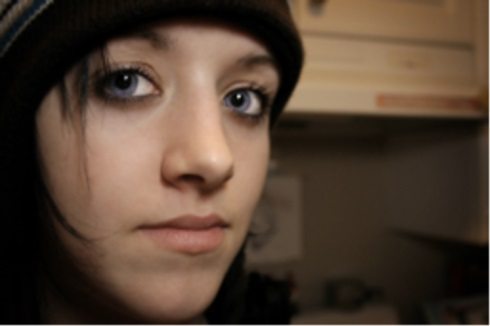Child Depression & Mood Problems
Child Depression and Bipolar Disorder

Depression has sometimes been referred to as the ‘common cold’ of emotional health due to its frequency and high prevalence rates. The presentation of depression can vary from unwanted feelings of sadness, loneliness, or chronic irritability to more serious presentations leading to impaired academic functioning, social withdrawal, feelings of hopelessness, and in some cases suicide. Depression can affect a child or teen’s ability to enjoy themselves and if left untreated may be associated with academic decline, family conflict, and poor choices regarding sexual behaviors and drugs. It has been more common for some children and teens to engage in self-harm or cutting behaviors. These dangerous behaviors which are commonly associated with Major Depressive Disorder or Bipolar Disorder can include more superficial self-harm behaviors to dangerous attempts to harm oneself. All of these behaviors, as well as a child or teen’s own statements about wishing to harm themselves or unhappiness with their life situation should be taken seriously and professionals should be contacted.
Signs and symptoms of depression in children and teens may include:
Depressed, sad, or irritable mood (irritable mood instead of sad mood especially common in boys)
Low frustration tolerance, argumentativeness, and difficulty in getting along with others
Social and family withdrawal
Frequent complaints of boredom
Decline in academic achievement
Lowered self-esteem
Change or decline in motivation
Non-caring attitude or sense of hopelessness about the future
Feelings of helplessness
Somatic symptoms such as tiredness or fatigue
Anxiety
Drug use, self-harm, or other dangerous behaviors
Children and teens are often embarrassed to admit that they may be struggling with feelings of sadness, frustration, or hopelessness. Boys may not even exhibit some of the traditional symptoms of depression such as sad mood, yet may show symptoms of depression in the form of isolation, decreased school performance, withdrawal into TV, video games, or computer games, and chronic irritability or agitation. In fact, irritability, frequent complaints of boredom, and low frustration tolerance are sometimes the only visible forms of depression parents, teachers, and friends may observe. This is because children especially teens can be defensive and do not want to admit symptoms of depression due to feelings of shame or feelings that they may have disappointed their loved ones.
Depression is no one’s fault. The causes of depression are varied. While genetically some children may be more vulnerable to depression and life stressors, depression can affect anyone. It is important not to make children or teens feel guilty or to blame for the way they feel. A warm, open, and nonjudgmental approach on the part of the parents can help children to be more comfortable communicating their feelings. It can be extremely frustrating for parents supporting a child who may be experiencing symptoms of depression as they may be more prone to power struggles, argumentative behaviors, and less likely to cooperate with school.
Counseling and Therapy
Counseling can help children and teens with depression. Therapy can also be a helpful addition to medication in assisting children in learning strategies to cope more effectively and build skills to become more resistant to symptoms of depression in the future. A counselor working with the child or teen can also help parents learn how to best support their children, as well as serve as an impartial mediator and negotiator for conflict that may have arisen in the family. Our therapists are skilled in helping parents devise behavioral plans to help reinforce and support children as well as modifying and changing negative behaviors.
Goals for counseling children and teens with depression include:
Stabilize and improve mood through learning how to identify thoughts and behaviors that lead to depressed and sad feelings and strategies to change thoughts and actions
Reduce withdrawal and increase activity through behavioral planning
Improve motivation and increase goal directed behavior by reassessing priorities and behavioral scheduling
Gain insight into behaviors that decrease self-esteem and unhappiness and schedule pro-social and healthy behaviors
Reduce irritability and improve family and social relations
Improve ability to cope with stressors and effectively deal with adversity
